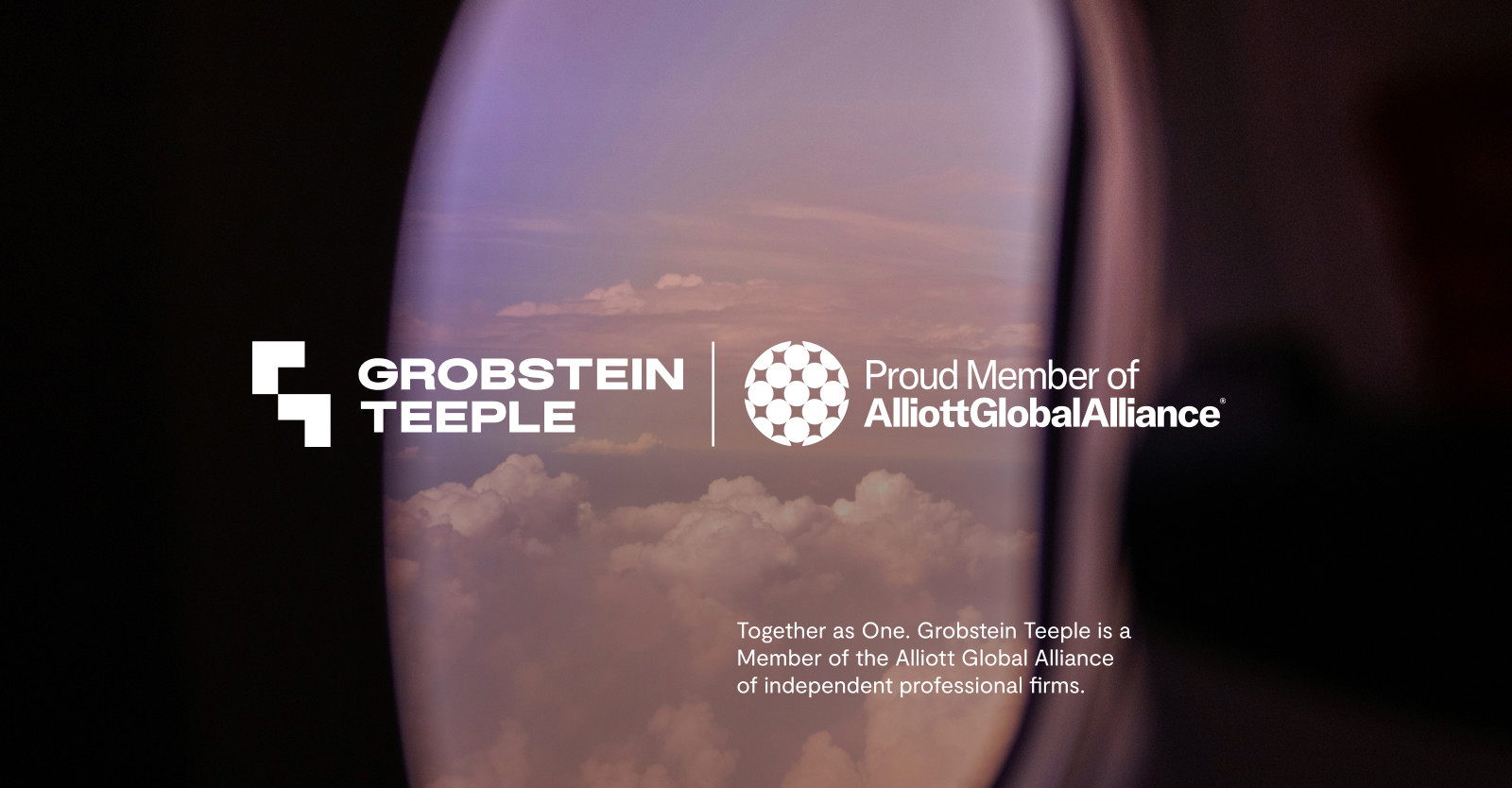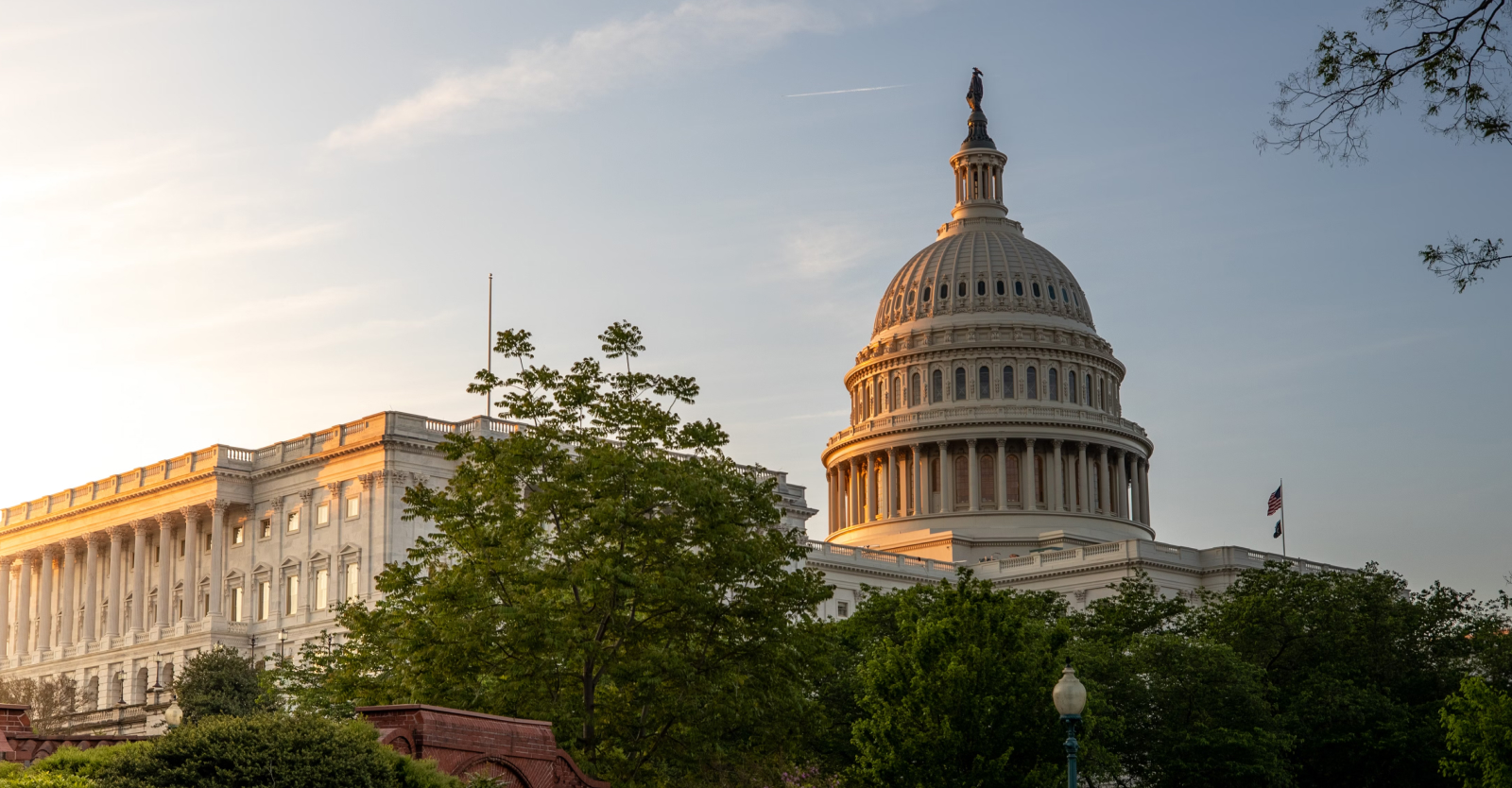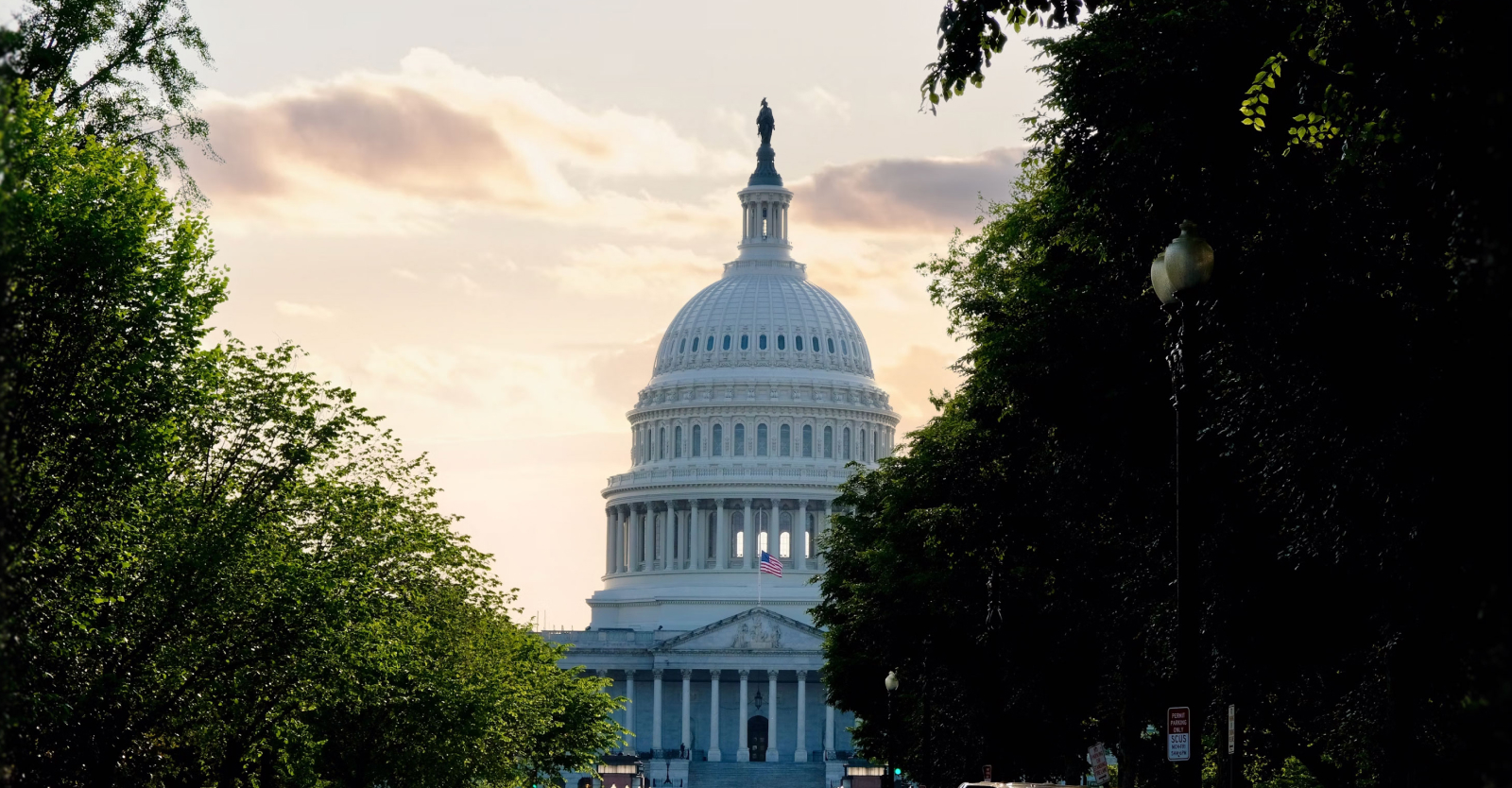

An independent fiduciary provides the objective oversight, conflict-free decision-making, and governance stability U.S. businesses and families need during complex transitions.
When conflicts of interest cloud judgment and emotions run high, someone needs to step in with complete objectivity. That’s where independent fiduciaries become essential.
The Perfect Storm
Multi-generational family businesses are challenged by succession planning. Asset transfer among family members as well as third parties can be complicated and may present challenges to familial relationships.
Add volatile market conditions, evolving tax laws, and heightened litigation risks, and you have a landscape where neutral, expert oversight isn’t just helpful- It’s critical for protecting value and maintaining trust.
When Family Dynamics Meet Business Decisions
Family-controlled businesses represent roughly 90% of all U.S. companies, yet only 30% survive to the second generation. The culprit? Often, it’s not market forces or financial mismanagement. It’s unresolved family conflict or poor communication that paralyzes decision-making.
Independent fiduciaries bring something family members can’t: emotional detachment paired with deep expertise. We’re not choosing sides or protecting personal interests. We’re focused solely on what’s best for the business and its stakeholders.
Independent fiduciaries offer such emotional neutrality and strategic clarity; the kind of independent fiduciary guidance families often cannot provide internally.
Beyond Family Feuds: The Governance Gap
Even non-family businesses face scenarios where independent oversight becomes crucial. Board deadlocks, disagreements between investors and management, succession issues, or unexpected departures of leaders can all necessitate independent leadership.
Private companies recognize that bringing in independent directors isn’t just about resolving immediate conflicts, it’s about elevating governance standards and introducing best practices that protect long-term value.
Even outside family businesses, an independent fiduciary can break board deadlocks, mediate investor disputes, and strengthen governance practices.
Estate Administration: Why an Independent Trustee Is Essential
For families with significant asset holdings, estate planning and administration can be complex. Assets such as businesses and equity interests, commercial real estate, collectibles, future entitlements, and crypto currency are among those that require the skills of a financial expert to structure and administer. Further, there are significant tax implications related to trusts that can be addressed during the planning phase, if properly coordinated. If tax planning was improper or insufficient when the trust was drafted, having an estate tax expert is paramount to minimizing the implications of asset distribution.
When the original trustee becomes unable to serve, or when family relationships are too strained to allow effective administration, independent trustees provide the expertise and objectivity needed to honor the estate’s intent while minimizing conflict among beneficiaries.
When trustees step down or relationships become strained, appointing an independent fiduciary or independent trustee ensures administration stays fair and compliant.
What Independence Really Means
True independence goes beyond just being an outsider. It means having no financial stake in the outcome beyond fair compensation for services rendered. It means bringing proven expertise without personal agendas. Most importantly, it means having the credibility to make difficult decisions that serve the greater good, even when they’re unpopular with some stakeholders.
Courts routinely appoint an independent fiduciary precisely because they recognize the value of this objectivity. When legal disputes arise, having a neutral party with fiduciary expertise can often resolve conflicts more efficiently than prolonged litigation.
he Bottom Line: How an Independent Fiduciary Protects Value
Independent fiduciaries aren’t just problem-solvers, they’re relationship-savers and value-protectors. Whether it’s breaking board deadlocks, administering complex estates, or providing neutral oversight during family business transitions, independent fiduciaries help stakeholders focus on what matters most: preserving value and maintaining trust.
Need objective oversight for a complex situation?
Talk to our expert fiduciary team to explore how independent leadership can protect your interests and restore focus to what matters most.
 Recent Insights
Recent Insights
-
 Why Engaging a Litigation Expert Witness Early Wins Complex Financial CasesBusiness Strategy17 Sep 2025
Why Engaging a Litigation Expert Witness Early Wins Complex Financial CasesBusiness Strategy17 Sep 20255 minute read
Engaging a litigation expert witness early can make the difference between a strong argument and a winning case; especially when financial damages ...
-
 Why an Independent Fiduciary Protects Business ValueBusiness Strategy Advisory22 Jul 2025
Why an Independent Fiduciary Protects Business ValueBusiness Strategy Advisory22 Jul 20254 minute read
An independent fiduciary provides the objective oversight, conflict-free decision-making, and governance stability U.S. businesses and families nee...
-
 Grobstein Teeple LLP Joins the Prestigious Alliott Global Alliance and Expands Global CapabilitiesCompany News General Business1 Jul 2025
Grobstein Teeple LLP Joins the Prestigious Alliott Global Alliance and Expands Global CapabilitiesCompany News General Business1 Jul 20253 minute read
Los Angeles firm, Gropstein Teeple LLP, gains international reach through admission into prestigious professional services network, Alliott Global ...
-
 How the Right Audit Preparation Can Save Your Firm Time and MoneyBusiness Tax General Business24 Apr 2025
How the Right Audit Preparation Can Save Your Firm Time and MoneyBusiness Tax General Business24 Apr 20255 minute read
A financial statement audit can be a costly and time-consuming process, which is why seeking expert advice on audit preparation is essential to eas...
-
 Withstanding the Unexpected: How a Red File Can Help You Bounce BackPersonal Finance Advisory30 May 2025
Withstanding the Unexpected: How a Red File Can Help You Bounce BackPersonal Finance Advisory30 May 20255 minute read
One of the few certainties in life is that it can be unpredictable. That’s why a Red File is so important—because it can help you recover quickly f...
-
 How Will President Trump’s IRS Hiring Freeze Affect Tax Season?Uncategorized4 Mar 2025
How Will President Trump’s IRS Hiring Freeze Affect Tax Season?Uncategorized4 Mar 20253 minute read
While there was an expectation of some unpredictability from President Trump’s second term in office, a number of new executive orders are causing ...
-
 Trump and 2025 Tax Brackets: Here’s What We’re Advising our Clients to Watch Out ForTax & Compliance Industry Updates9 Jan 2025
Trump and 2025 Tax Brackets: Here’s What We’re Advising our Clients to Watch Out ForTax & Compliance Industry Updates9 Jan 20255 minute read
Many of our clients have asked us what will change—including whether there will be any changes to 2025 tax brackets—once president-elect Donald Tru...
-
 The Corporate Transparency Act Is on Hold— But That May Be TemporaryBusiness Tax Industry Updates12 Dec 2024
The Corporate Transparency Act Is on Hold— But That May Be TemporaryBusiness Tax Industry Updates12 Dec 20243 minute read
Beneficial Ownership Information, or BOI reports, are now voluntary until further notice. However, Grobstein Teeple still recommends clients gather...
-
 When It Comes to Home Cybersecurity, You Can’t Afford to Overlook Your SetupCybersecurity Cybersecurity24 Oct 2024
When It Comes to Home Cybersecurity, You Can’t Afford to Overlook Your SetupCybersecurity Cybersecurity24 Oct 20246 minute read
Working remotely? Don’t forget the crucial role your home cybersecurity setup plays in keeping your personal information safe and secure. We’ve ...
-
 Ever Wondered How to Calculate Business Valuation? Start by Talking to an ExpertBusiness Tax Advisory3 Oct 2024
Ever Wondered How to Calculate Business Valuation? Start by Talking to an ExpertBusiness Tax Advisory3 Oct 20245 minute read
Do you know how to calculate business valuation accurately when there are competing interests involved? It’s a question Grobstein Teeple’s business...
-
 Need Forensic Accounting? You’ve Come to the Right PlaceAccounting Service Protection11 Sep 2024
Need Forensic Accounting? You’ve Come to the Right PlaceAccounting Service Protection11 Sep 20246 minute read
Forensic accounting might not be the most traditional of services that come to mind when you think of accounting, but it’s a field Grobstein Teeple...
-
 What Is Bankruptcy and Insolvency? You’ll Want an Expert to Answer ThatWealth Planning General Business14 Jul 2024
What Is Bankruptcy and Insolvency? You’ll Want an Expert to Answer ThatWealth Planning General Business14 Jul 20245 minute read
It’s not a topic any business owner ever wants to face, but failure to consult a bankruptcy and insolvency expert can cost you even more in the lon...
-
 We Do More Than Just Tax Planning and ComplianceAccounting Service Advisory21 May 2024
We Do More Than Just Tax Planning and ComplianceAccounting Service Advisory21 May 20246 minute read
While the month of May often brings a sigh of relief for individuals who’ve just filed their income tax returns, Grobstein Teeple does more than ju...
-
 Building a Successful Business? Don’t Forget About AccountingBusiness Strategy General Business17 Apr 2024
Building a Successful Business? Don’t Forget About AccountingBusiness Strategy General Business17 Apr 20242 minute read
When it comes to building a successful business, it’s key to get your accounting right. That’s the verdict from our Principal, Dimple Mehra, who...
-
 It’s ‘Go Time’ Once Again at the California Bankruptcy ForumAccounting Service Advisory5 Apr 2024
It’s ‘Go Time’ Once Again at the California Bankruptcy ForumAccounting Service Advisory5 Apr 20246 minute read
The California Bankruptcy Forum is hosting its 36th annual insolvency conference in May and Grobstein Teeple will again be an active participant. ...
-
 Have You Ever Wondered Why Business Valuation Is So Important?Business Strategy Advisory7 Mar 2024
Have You Ever Wondered Why Business Valuation Is So Important?Business Strategy Advisory7 Mar 20244 minute read
Why is business valuation important? Grobstein Teeple’s experienced business valuation experts, Kurt Stake and Will Thomsen, have the answers. W...
-
 Howard Grobstein Named One of LA’s Top 100 AccountantsCompany News Company news9 Nov 2023
Howard Grobstein Named One of LA’s Top 100 AccountantsCompany News Company news9 Nov 20235 minute read
Howard Grobstein didn’t co-found Grobstein Teeple with the express purpose of being named one of LA's Top 100 Accountants, but it’s an accolade tha...
-
 The Four Best Practices of Staying Safe OnlineBusiness Strategy Cybersecurity23 Oct 2023
The Four Best Practices of Staying Safe OnlineBusiness Strategy Cybersecurity23 Oct 20237 minute read
October marks Cybersecurity Awareness Month each year—the joint initiative between the U.S. Department of Homeland Security and National Cybersecur...
-
 Why Cybersecurity is More Important Than EverBusiness Strategy Cybersecurity13 Oct 2023
Why Cybersecurity is More Important Than EverBusiness Strategy Cybersecurity13 Oct 20238 minute read
“Certain kinds of cybercrime that were considered avant garde or cutting edge in 2004 or 2005 are now daily occurrences.” That’s the verdict of...
-
 October Is Cybersecurity Awareness MonthPodcast Cybersecurity29 Sep 2023
October Is Cybersecurity Awareness MonthPodcast Cybersecurity29 Sep 20231 minute read
It's Cybersecurity Awareness Month and here at Grobstein Teeple, we’re thrilled to play our part. Our Global Head of Cybersecurity and Risk Mana...
-
 Postponed California Tax DeadlinesPersonal Tax9 Mar 2023
Postponed California Tax DeadlinesPersonal Tax9 Mar 20233 minute read
Postponed deadlines for disaster-affected taxpayers in California. The Internal Revenue Service has announced that the postponement of various t...
-
 Time for business evolutionCompany News16 Mar 2023
Time for business evolutionCompany News16 Mar 20233 minute read
Brand History We grew from a desire to combine the expertise provided by a larger firm with a leaner, more flexible approach that puts our c...





















